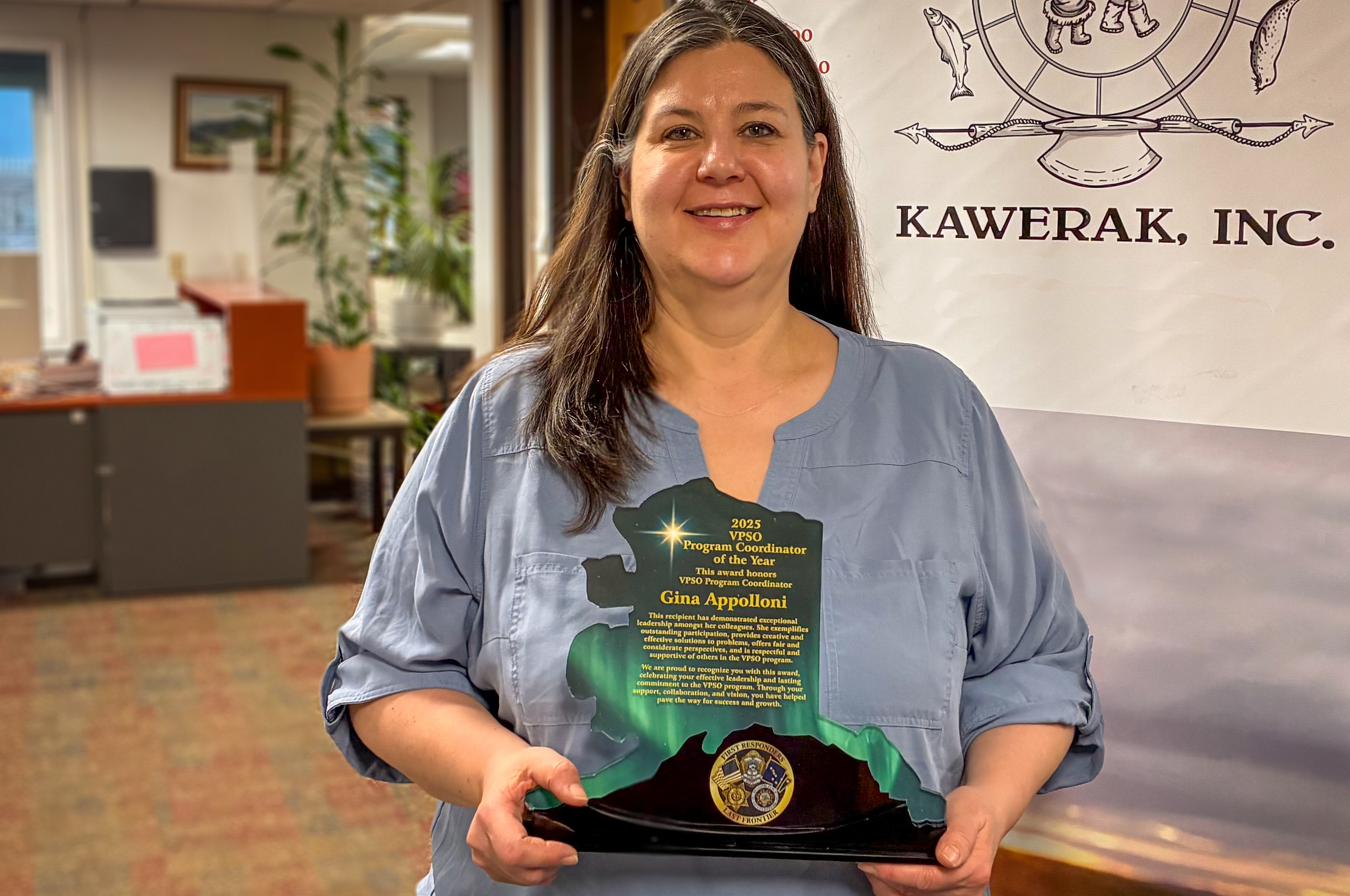This week another historic milestone was achieved in the realm of tribal compacting with the federal government, this time in the realm of transportation. On Monday June 1, 2020 US Department of Transportation (DOT) published the Final Rule to establish the Tribal Transportation Self-Governance Program, a result Kawerak Inc. alongside other Tribes and Tribal Organizations have been working toward for years.
“This new Self-Governance rule in DOT is a huge step for tribal sovereignty within transportation.” Stated former Kawerak Transportation Program Director, Denise Michels. Michels, now Senior Project Manager with DOWL, was appointed by DOT to serve as one of two Alaska Region Representatives on the Negotiated Rulemaking Committee while working at Kawerak and served as one of a small group of appointed Tribal Drafters on behalf of the Negotiated Rulemaking Committee. The rule (link or found here) establishes a framework to improve transportation infrastructure delivery by giving more autonomy to Tribes to utilize the federal transportation funding. Self-Governance within government programs lays the groundwork for effective collaboration between Tribes and the Federal Government.
Kawerak, which compacts Tribal Transportation funding for many of the Tribes in the Bering Strait, ensured staff engaged in the committees so the Region was represented at the table. Kawerak Attorney John Bioff served as a technical representative on the Negotiated Rulemaking Commmittee and was also appointed by the Negotiated Rulemaking Committee to the drafting team. “Kawerak has always been a leader with tribal transportation issues and generally with self governance development over the decades. Our involvement in this process was in keeping with this tradition. This is only the third time a full self governance program has been developed after the BIA and IHS programs were developed decades ago. It is an expansion of tribal self governance and sovereignty that we were proud to be part of.”
Overall, Kawerak supports the Final Rule. “It brings our Roads program into the world of compacting, which has numerous benefits,” says Bioff. “For example, we are able to redesign and reallocate certain program funding. We have clarification that we are protected by the Federal Tort Claims Act. Reporting requirements and administrative burden should also be minimized. And most importantly Self governance principles similar to our compact with BIA will apply.” There were a few other items that were advocated for that were not included in the final draft, for example it does not include allowance for contract support costs and it does not establish a Tribal Transportation Program Self Governance Federal Committee (TTSP), but the Rule is a significant step forward for Tribal Transportation in our region and nationally.
Photo: Negotiated Rulemaking Committee, provided by Denise Michels
For more information
- Kawerak’s comment letter
- Final rule https://www.govinfo.gov/content/pkg/FR-2020-06-01/pdf/2020-11618.pdf
- Press releases
- Committee meeting documents https://www.transportation.gov/self-governance/committee





